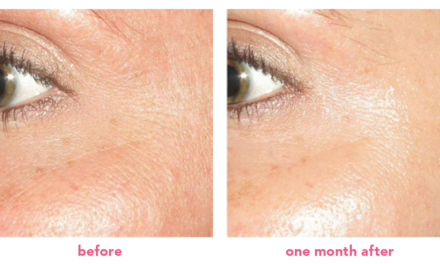At some point in our lives, many of us have had the thought, “I don’t need therapy.” Whether we feel we have everything under control, possess a strong support system, or believe our problems are insignificant, we can easily find numerous excuses to avoid seeking therapy. However, it’s essential to understand why therapy can be an excellent choice, even when we feel like we have everything together.
“Why should I go to therapy if I don’t struggle with mental health symptoms or have any diagnoses?” Well, therapy has so many benefits, including:
- Enhanced Communication and Interpersonal Skills – Therapy can improve your ability to express yourself effectively, engage in healthy communication, and build stronger relationships with others.
- Increased Self-Esteem – Through therapy, you can develop a better understanding of your worth, identify and challenge negative self-beliefs, and cultivate a positive self-image.
- Overcoming Unhealthy Habits – Therapy provides tools and strategies to break free from detrimental patterns and habits that hinder your personal growth and interfere with your daily life.
- Emotional Expression and Regulation – Therapists help you explore and navigate your emotions, teaching you effective ways to express and manage them, leading to improved emotional well-being.
- Self-Discovery and Identity – Therapy offers a space to delve into your thoughts, values, and aspirations, enabling you to gain a deeper understanding of yourself and the world around you.
- Improved Relationships – By addressing interpersonal challenges, exploring relational dynamics, and learning healthy coping mechanisms, therapy can help foster healthier and more fulfilling connections with others.
- Personal Insight and Growth – In therapy, you gain valuable insights into your thoughts, feelings, and behaviors, facilitating personal growth and transformation.
- A Partner in Your Journey – Unlike your support system, a therapist offers an unbiased perspective, rational responses, and undivided attention. They prioritize your well-being and help you establish goals and plans tailored to your specific needs.
- Self-Care Time Dedicated to You – Therapy teaches you how to focus on yourself and treat yourself well! You deserve it!
- Overcoming Misconceptions
- “But I have a great support system…” While having a support system is beneficial, there are limitations. Supportive individuals in your life may be emotionally involved, making it challenging for them to provide objective guidance. Additionally, they may not always understand your needs or be available when you require their support. In contrast, therapists offer unbiased support, professional guidance, and a dedicated space solely for your well-being.
- “But I don’t have a mental health diagnosis…” Seeking therapy does not require a pre-existing diagnosis. Therapy is not solely for addressing mental illnesses but also for self-care, personal growth, and improvement. It offers an opportunity to enhance your life, cope with challenges, and achieve your highest potential.
- Breaking Generational Patterns
- Our upbringing and environment influence how we perceive and approach various aspects of life. Therapy helps break generational patterns and unhealthy behaviors learned from family. By gaining insight into our conditioning, we can consciously make choices that align with our personal growth and well-being.
Taking the First Steps
If you’re ready to explore therapy, let’s go!
- Utilize Online Resources – Search for therapists in your area using search engines, specialized websites like Psychology Today, or online directories provided by your insurance provider. Check out each therapist’s education, qualifications, and experience.
- Seek Recommendations – Engage with online discussion groups or social media pages and ask friends and acquaintances who have had positive therapy experiences.
- Make the Appointment and show up – It’s okay to be nervous, excited, or both! A therapist who is a good fit for you will meet you where you are and help you feel more comfortable opening up over time.
- Embrace the Process – Approach therapy with an open mind as each session delves deeper into your experiences, emotions, and goals. Embrace the opportunity to develop coping strategies and unlock your potential.
Change is difficult. Opening up to someone new can be scary. Admitting we need help is hard. But what’s even harder is not reaching our full potential, not achieving our goals, and not living the best possible life you can. What are you waiting for? Give therapy a try! We won’t force you to stay, but we would LOVE to have you — and we at Ellie are pretty cool!
Visit Elliementalhealth.com/locations/memphis-tn for more information, or to schedule an appointment, call 901.441.8322.
Paige Marcantel is the Clinic Director at Ellie Mental Health – Memphis and is a licensed clinical social worker. Paige specializes in perinatal mental health, grief, and trauma. Paige is passionate about access to therapy and helping clients find their best fit therapist a nd meet their goals.







